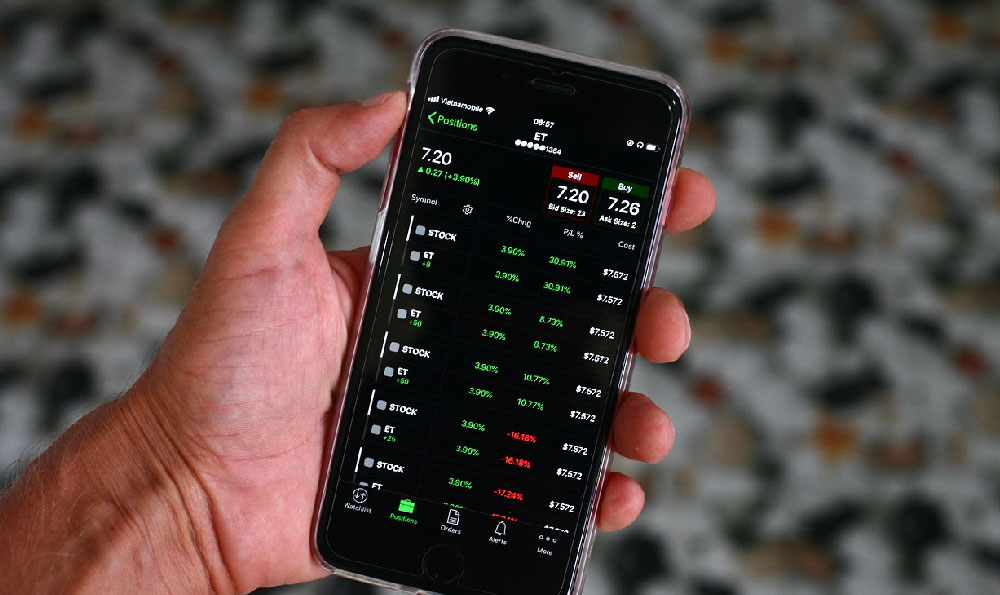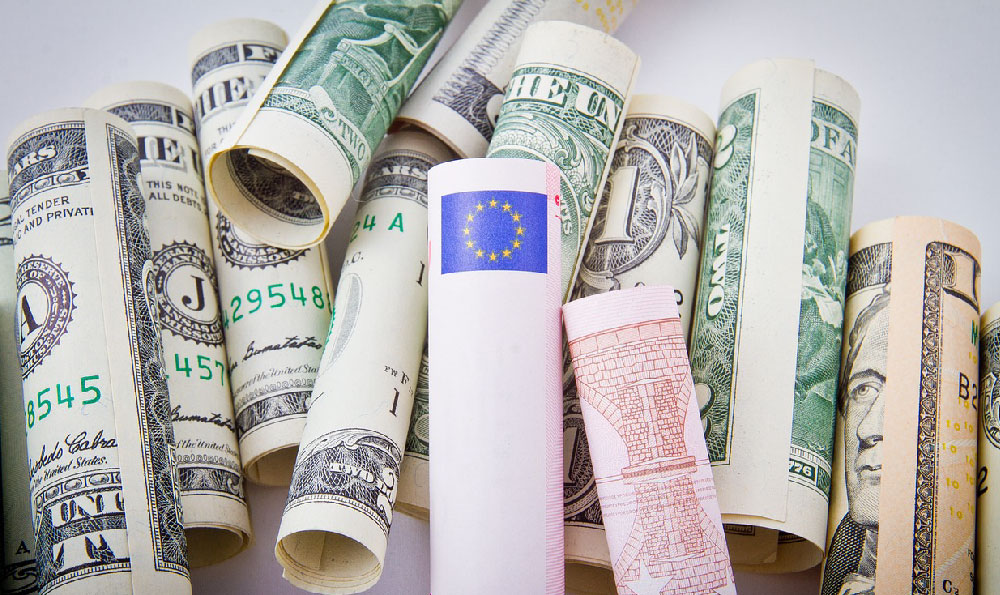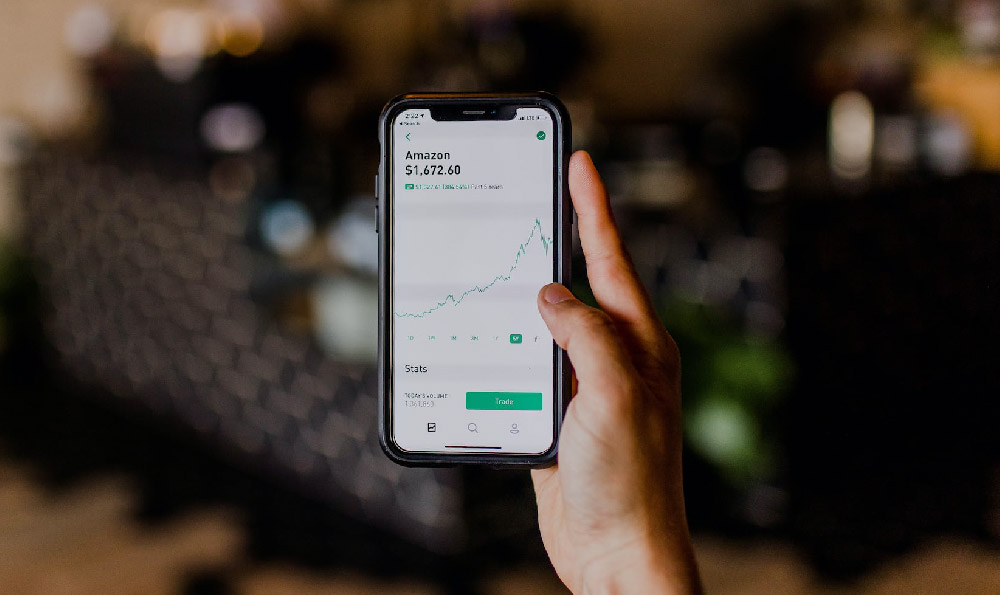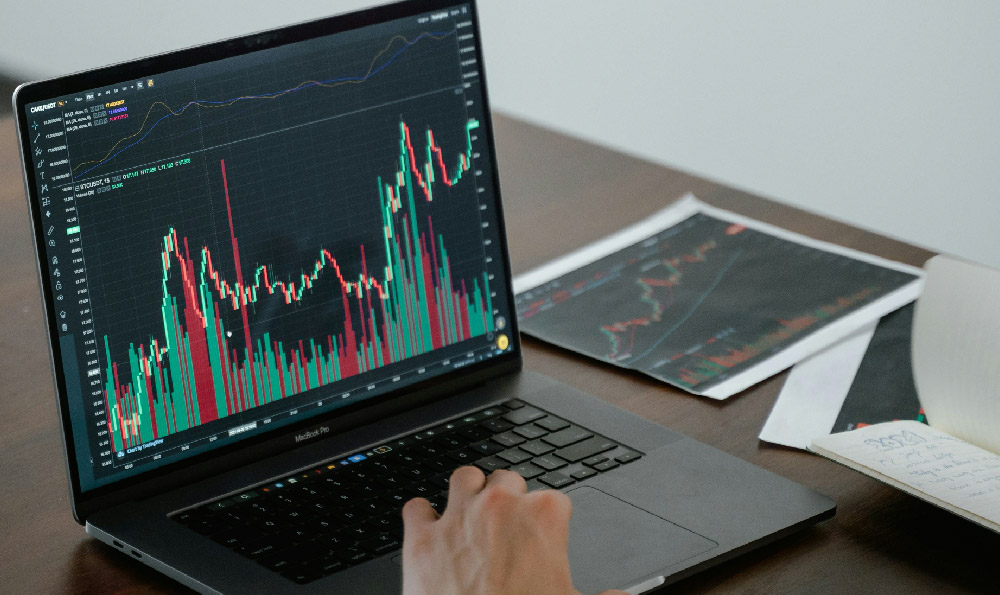Okay, I understand. Here's an article based on the provided title, focusing on delivering comprehensive information and avoiding excessive structuring:
Futures trading, often perceived as a sophisticated corner of the financial market, allows investors and businesses alike to speculate on the future price of an asset. It's a mechanism for managing risk and potentially reaping significant rewards, but it also carries considerable risk if not approached with diligence and understanding. Understanding its intricacies is paramount before venturing into this domain.
At its core, a futures contract is an agreement to buy or sell a specific quantity of a commodity, currency, or financial instrument at a predetermined price on a specified future date. This date is known as the settlement date. Unlike stocks where you're buying ownership in a company, you're not buying the underlying asset itself when you trade futures. Instead, you're trading a contract that represents that asset. Think of it as making a bet on whether the price will go up or down. For example, you could enter a futures contract to buy 5,000 bushels of corn at $5 per bushel in three months. If the price of corn rises above $5 before the settlement date, you can sell the contract for a profit. Conversely, if the price falls below $5, you'll incur a loss.

The range of assets traded through futures is remarkably broad. Agricultural commodities like corn, wheat, soybeans, and livestock are popular choices. Energy products such as crude oil, natural gas, and heating oil are also frequently traded. Precious metals like gold, silver, and platinum see significant futures activity. Furthermore, financial instruments like currencies (Euro, Japanese Yen), stock indices (S&P 500, Nasdaq 100), and interest rates (Treasury bonds) all have corresponding futures contracts. This diverse range allows participants to tailor their strategies to specific market sectors and risk appetites.
The primary function of futures markets is price discovery and hedging. Producers and consumers of commodities use futures to lock in prices and mitigate the impact of price volatility. For instance, a farmer might sell futures contracts for their upcoming harvest to guarantee a certain price, protecting themselves from a potential price drop before they even harvest the crop. Similarly, an airline company might buy futures contracts for jet fuel to protect against rising fuel costs. Speculators, on the other hand, aim to profit from price fluctuations. They analyze market trends, economic data, and geopolitical events to make informed predictions about future price movements. While speculators add liquidity to the market and contribute to price discovery, their activities also introduce greater risk.
One of the key characteristics of futures trading is leverage. Futures contracts typically require a relatively small margin deposit compared to the total value of the contract. This margin acts as a performance bond, ensuring that the trader can meet their obligations. Leverage amplifies both potential profits and potential losses. A small price movement in the underlying asset can result in a significant gain or loss on the margin deposit. For example, if a futures contract requires a margin of $5,000 and the price moves by 1%, you could potentially make or lose several times that $5,000 depending on the contract size and direction of the movement. Because of this, effective risk management is absolutely crucial in futures trading.
To embark on a futures trading journey, several steps need to be taken. Firstly, you need to open an account with a reputable futures broker. Choosing the right broker is essential, as they provide the platform for trading, offer research and analysis tools, and handle the clearing and settlement of trades. Consider factors such as commission rates, platform functionality, margin requirements, and customer support when selecting a broker.
Next, thoroughly educate yourself about the futures market. This involves understanding the mechanics of futures contracts, the factors that influence prices, and different trading strategies. Numerous resources are available, including online courses, books, seminars, and webinars. It's also beneficial to follow market news and analysis to stay informed about current events and trends. Knowledge of technical analysis (studying price charts and patterns) and fundamental analysis (evaluating economic data and industry trends) is highly valuable.
Before risking real capital, it's strongly recommended to practice with a demo account. Many brokers offer demo accounts that allow you to trade with virtual money in a simulated market environment. This provides a risk-free way to test your strategies, familiarize yourself with the trading platform, and gain experience without the fear of losing money.
Once you're comfortable with the demo account and have developed a trading plan, you can start trading with real money. However, it's important to start small and gradually increase your position size as your confidence and experience grow. A well-defined trading plan should outline your trading goals, risk tolerance, trading strategies, and money management rules. It should also include specific entry and exit points for your trades, as well as stop-loss orders to limit potential losses.
Risk management is paramount. Never risk more than you can afford to lose on any single trade. Implement stop-loss orders diligently to protect your capital. Diversify your trading portfolio across different markets and strategies to reduce your overall risk exposure. Monitor your positions closely and adjust your strategies as needed based on market conditions.
Futures trading offers the potential for significant profits, but it also comes with substantial risks. Thorough education, disciplined risk management, and a well-defined trading plan are essential for success. Approach the market with caution, start small, and continuously learn and adapt to the ever-changing market dynamics. It's not a get-rich-quick scheme, but a demanding endeavor that requires patience, skill, and dedication. Consider consulting with a financial advisor before making any investment decisions.












